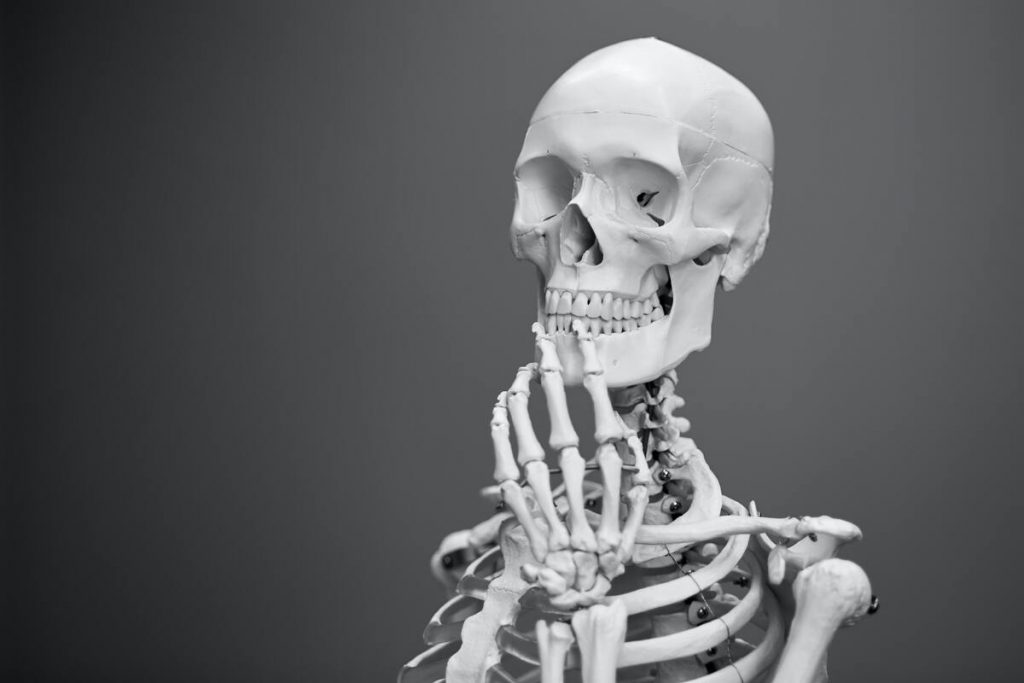During your lifetime your bones are constantly moving and changing, they actually even remove old bone (resorption) and create new bone (ossification). This process is natural and it’s very important for your health and wellbeing. First you need to understand that this changing of bone is called bone remodelling and just basically describes the process of ossification and resorption. This process needs to happen for lots of dental work to succeed such as realigning teeth with braces.
Bad resorption occurs when you are losing bone at a quicker rate than you creating it – the consequence being your bone mass reduces and you are at a higher risk of suffering breakages and fractures. What you may not know is that this process can even affect your jawbones and this can be really difficult to deal with. If you think this is something you believe you are suffering from, you need to get in contact with a dentist Meath as soon as you can.

What are the symptoms?
Early stages of bone loss can cause a number of symptoms: changes in your bite and face structure, difficulty speaking, wrinkles around your mouth, shifting or losing teeth, headaches, facial pain, jaw pain or discomfort when you chew.
What causes this to happen?
There are a whole number of reasons you could begin to lose bone density, but it could be as simple as the fact you’ve lost a tooth or suffered gum disease and consequently the jawbone stops receiving stimuli in that place and the body will decide it doesn’t need to keep growing bone there at such a speedy rate.
The effects of bone loss in the jawbone could lead to loss of teeth and could even mean you might not be able to get permanent replacements like implants without first having a bone graft. You could also suffer facial collapse and muscles weakening
What are the treatment options?
The treatment of any bone loss will be greatly dependent on the cause of the loss. When you visit your dentist they will be able to help come to a discovery of the cause and together you can work out what the best options are for you moving forward. If you have one or more teeth missing and you have enough bone density it might be recommended that you opt for dental implants – this option will not only replace the tooth, but also stimulate the bone to keep reproducing at a quick rate. In the event that you have lost too much bone density already you may need to opt for a bone graft before the dentist can put an implant in your jaw.
We know all of this can seem really overwhelming, but there are lots of good options available to you and with the support of a good dental professional you will very likely find a safe, affordable solution. Just keep in mind that making sure you are attending regular check-ups and practising good oral hygiene will both help prevent and catch any potential issues you could be developing.

